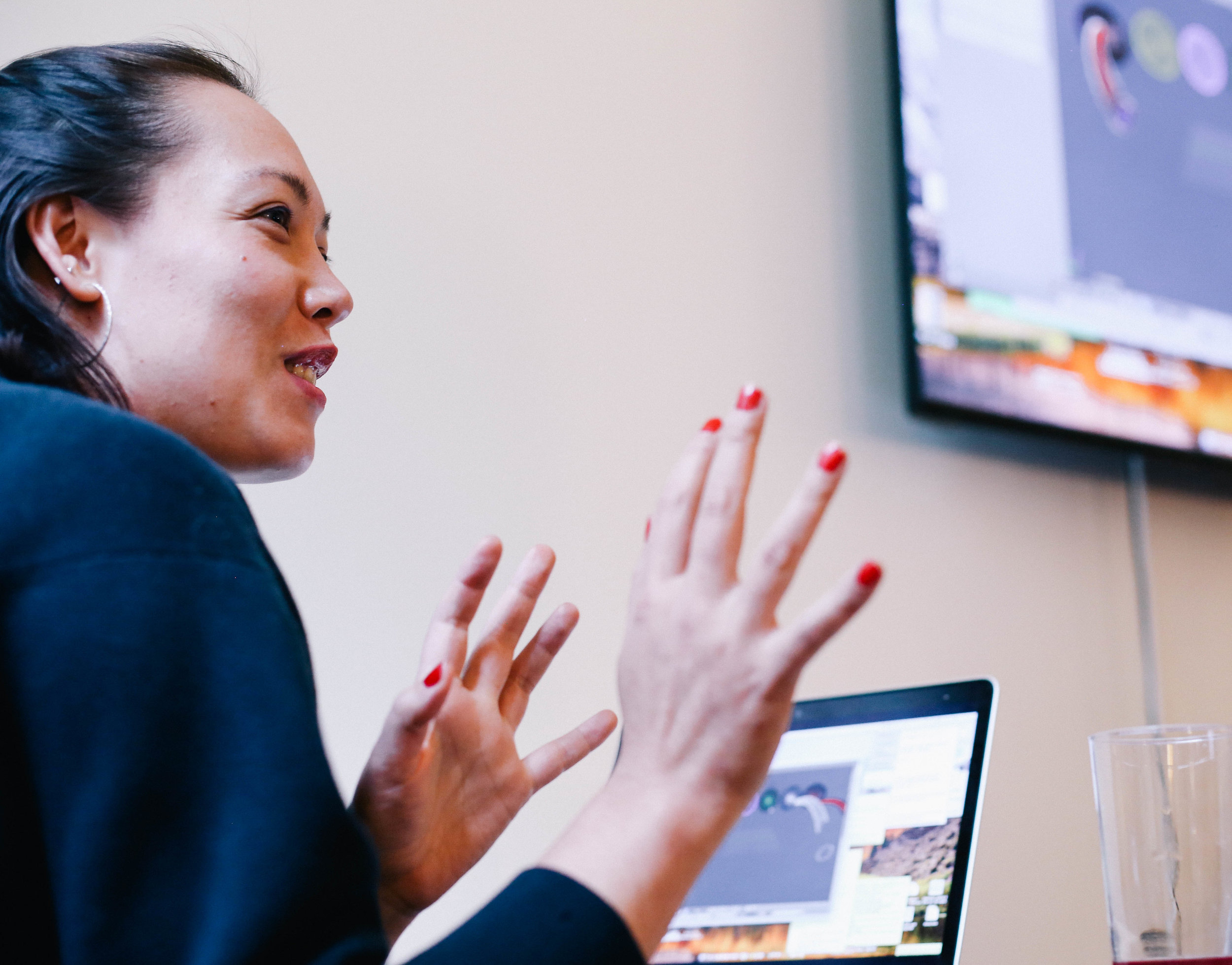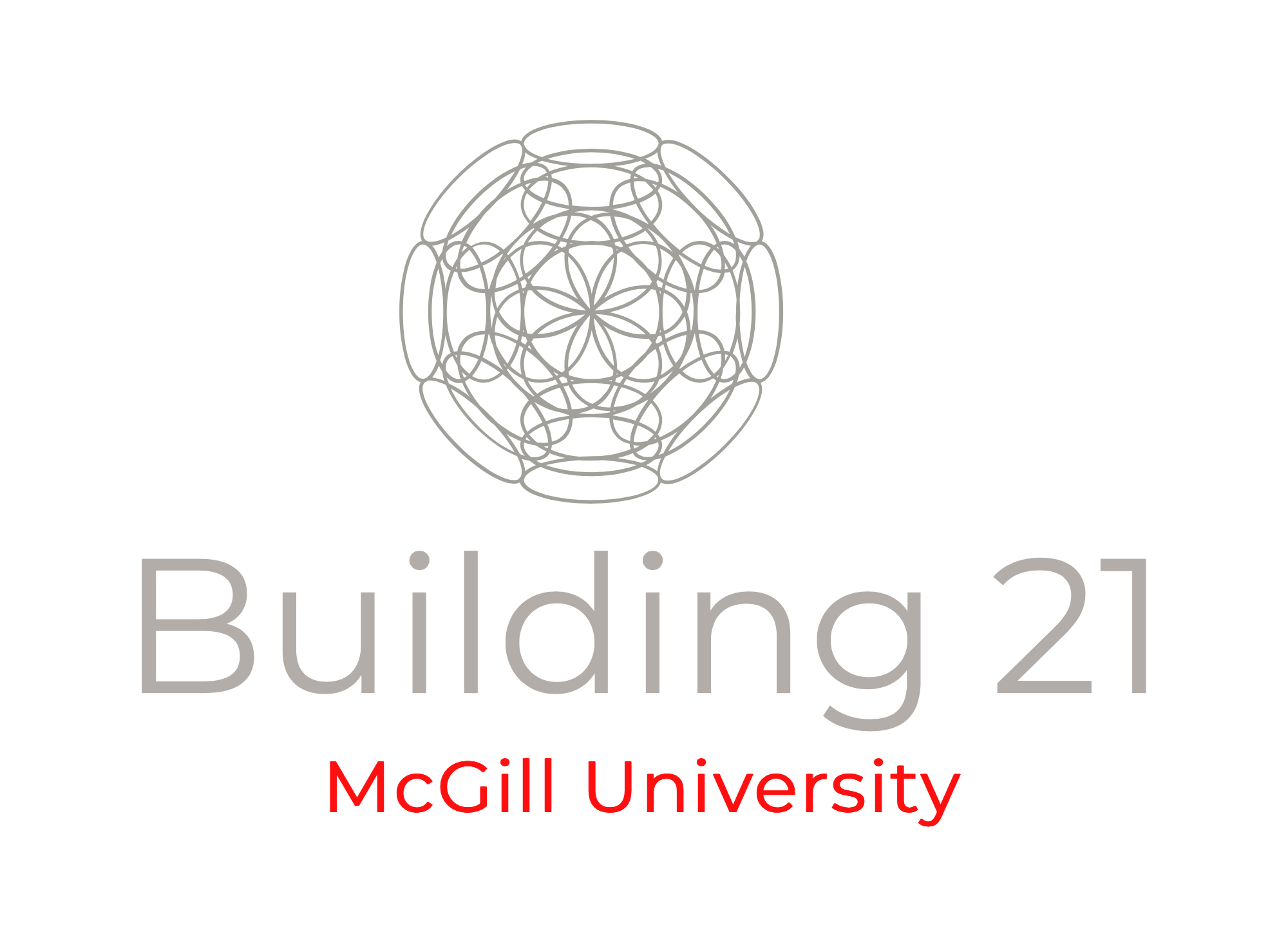The BLUE Program for Master’s students




BLUE
(Beautiful Limitless Unconstrained Exploration)
Do you have an idea for a project or process that doesn't fit within conventional research domains? A radical, wild idea that crosses disciplinary boundaries? Or do you simply have a passionate need to explore, create, and learn in unconventional ways?
Whether you have an "out-there" idea—or ideas—already ruminating in your mind, or are simply the type that has a passionate need to explore strange notions and learn in unconventional ways, we want to hear from you.
The BLUE Program enables scholars to freely seek and pursue innovative interdisciplinary ideas and projects that don't fit into conventional research domains.
Examples of what can be done
Not sure what we mean by ideas and projects that are "different" and multi/cross-discipline? Projects can be entirely arts focused, science focused, or a mix. Here are a few example from past projects:
How can words be transferred in a mathematical language in order to construct a model for detecting the sublime in a poem?
How do we understand people from their subjective point of view?
Visualizing chronic pain with art and virtual reality
Quantitative Models of Opinion
Investigating and visualising negative entropy in quantum information
Building Radical Futures from Nostalgia and Fantasy
Orally and visually narrating embodied, land-based [hi]stories from rural communities
Se réapproprier notre capacité d'attention: le pouvoir de la lecture à l'ère numérique
The Living-Dead Project: Can we mitigate Global Warming by reinventing our cemeteries?
A Thousand Tibetan Plateaus: On Self-Immolation, Trauma and the Insufficiency of Place
Learn more about these projects, and many others, here.
Eligibility and requirements
Open to all McGill Master’s students who have been nominated by their Department.
Students may apply individually or in pairs, though individual applications will be given priority due to the high volume of applicants. Graduate students will need to confirm that they have received permission from their supervisor.
Fellows will be required to work out of—and be physically present at—Building 21 for a minimum of 20 hours per week over the course of the 9 week Fellowship. In-person presence at B21 leads to essential interdisciplinary connections and conversations. Fellows are also encouraged to work with partner laboratories and facilities.
Fellows will be asked to present their work to the community at the end of the Fellowship.
We guarantee that we will not use any idea for future projects without consent; however, please stipulate in your application if you would like your idea to remain confidential if you are not selected for the fellowship.
Please note: Students who have already been employed by Building 21 or received a fellowship from Building 21 are not eligible.
What it means to be a BLUE fellow
Be present at B21 at least 20 hours a week. This includes:
Developing and presenting your project
Coming to at least one lightning talk (brainstorming session) per week
Attending regularly scheduled talks and discussions (such as Radical Futures, I’m Not Sure, etc.)
Talking to other scholars about your projects
Schedule regular project check-ins (at least twice per month) with Anita Parmar or Ollivier Dyens
Be an active, generous, rigorous, and tolerant member of the community
Click here for our community guidelines
details
Application deadline: February 9, 2024
Position type: Fellowship
Number of internships available: 20
Period: 9 weeks
Amount: $4,000
Residency: early May to mid-June 2025
Location: Building 21, 651 Sherbrooke St. West (the green door by the bus stop)
Function: Develop one’s personal, original, creative and rigorous academic project in order to acquire the knowledge and skills to think beyond the acknowledged, the recognized, and the comfortable.
As an aspect of the fellowship, students will also be asked to help organize or host B21 events and take on some administrative tasks.
This is not for credit.
How to submit a successful application
To apply, students will be asked to ‘wow’ the selection committee in the manner they prefer. This means choosing whatever platform they feel will best highlight both their ideas and personal strengths (video, text, music, filmed performance, unusual and original research work, etc.).
Projects should NOT be the same as a student’s thesis. Projects can be complementary to a student’s thesis but should then explore risky, bold, unusual aspects of it.
A research project must ask a question (or questions), must explore an idea or concept for which there is no answer yet. The fellowship encourages exploration, with a focus on process.
The application should highlight the originality, boldness, and creativity of the idea submitted. We are looking for students who are passionate, engaged, autonomous, and are obsessed with knowledge and learning.
Important: articulate the unknown that you're trying to uncover! In your application, think about the question or the unknown that you are trying to get at, and articulate it in your application.
Due to the expected large volume of applications, please aim for maximum impact as opposed to length. We strongly recommend keeping videos and similar applications to be viewed within 3-5 minutes.
Short-listed students may be called for an interview during which they will be expected to explain their rationale for applying, and their overall goals.
don’t have enough time to be a blue fellow?
You can still be part of the B21 community! See our page on how to be a B21 Scholar.
For more information:
Ollivier Dyens, Co-director, Building 21
Anita Parmar, Co-director Building 21

